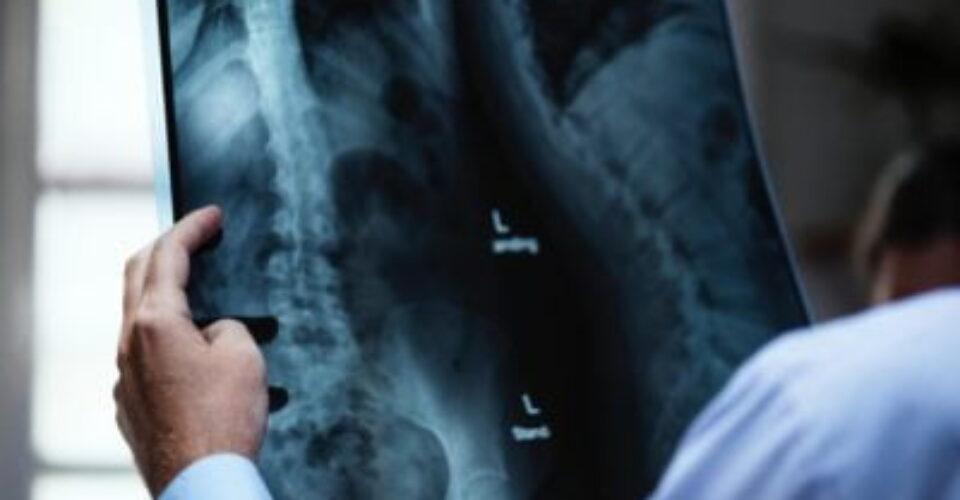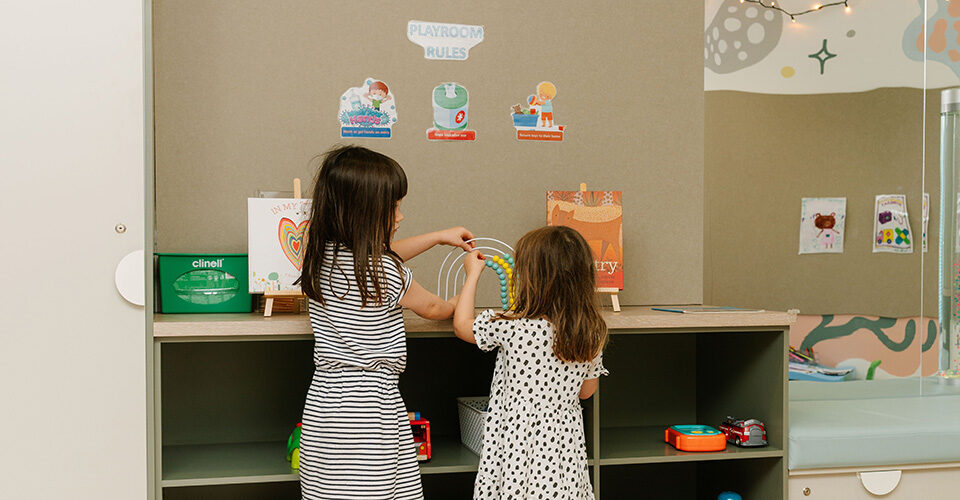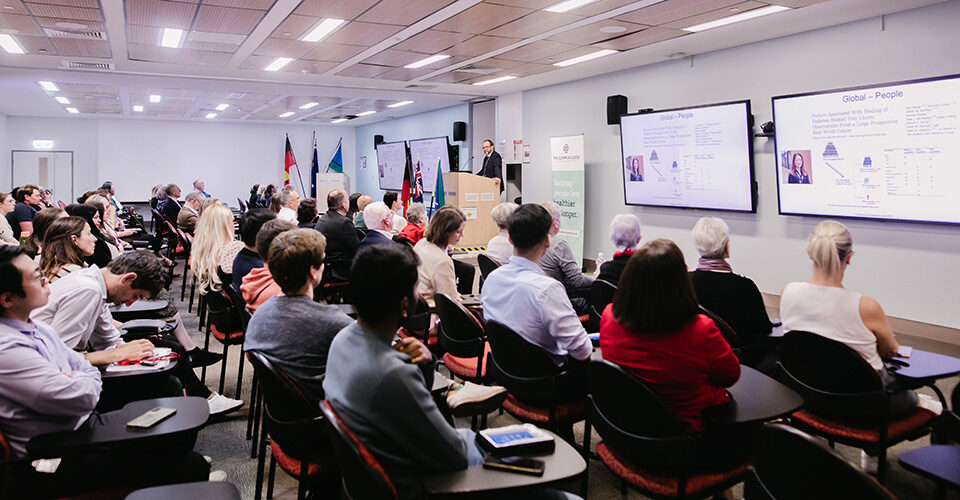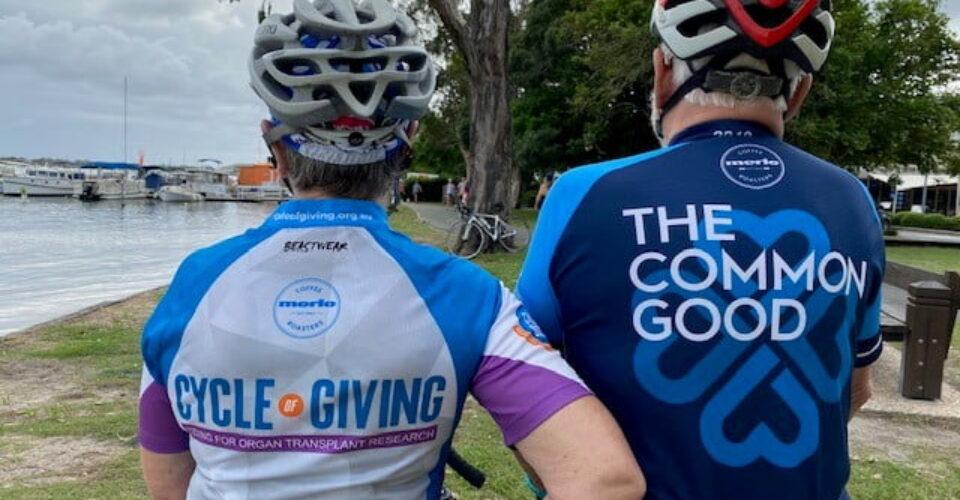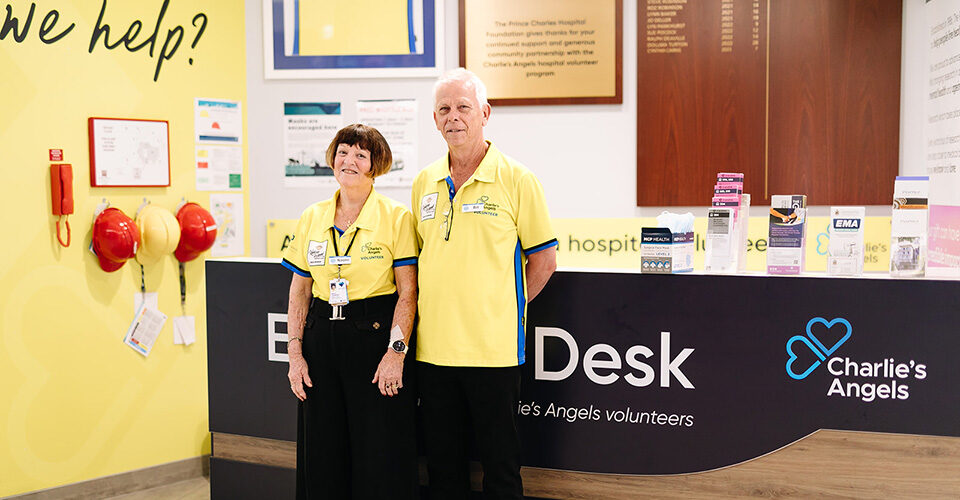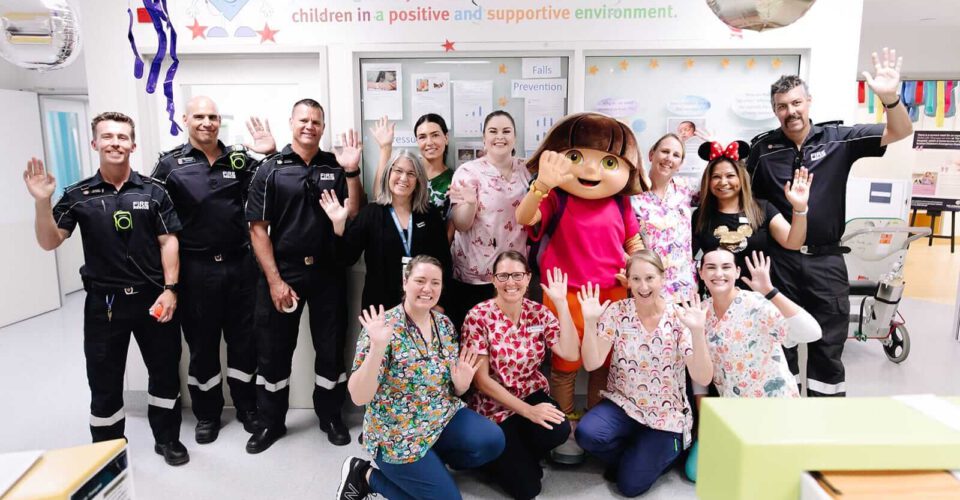Hip replacement is a common surgery in Australia for patients with osteoarthritis and the number of patients undergoing the surgery is only going up. There has been a 25% rise in hip replacements since 2004-05, with nearly 100 surgeries per every 100,000 people.
The most common material used in hip replacement surgery is a metal-on-metal prosthesis made from cobalt alloys; this is the material of choice due to its durability. However, studies have shown that nearly 8% of patients will need revision surgery due to the cobalt material having an adverse effect on the body.
Researcher Zetao set out to better understand why this problem is occurring and began working on a solution for the thousands of patients facing this reaction. To try and tackle this issue, Zetao’s study looked at how the body reacts to the cobalt in the prosthesis, specifically how the cobalt ions were interacting with bond-forming and immune cells in the joint. To reach his findings he exposed the cells to small doses (in ppm) of cobalt and tracked the results.
Zetao discovered that cobalt toxicity in cells happens at 50ppm (which is a relatively low dose). The cobalt was suppressing the immune cells response and starving them of oxygen. This is great insight into how cobalt-based implants affect the body and seemingly ‘reject’ and require future surgery.
Now that Zetao understands the relationship between cobalt ions and human cells, he would like to progress to carrying out an in vivo study to obtain more important data, he will then be able to seriously look into drug interventions to stop this common and detrimental side effect.
Zetao is applying for an Emerging Researcher grant to help him continue his life changing work.
Support The Common Good here.
